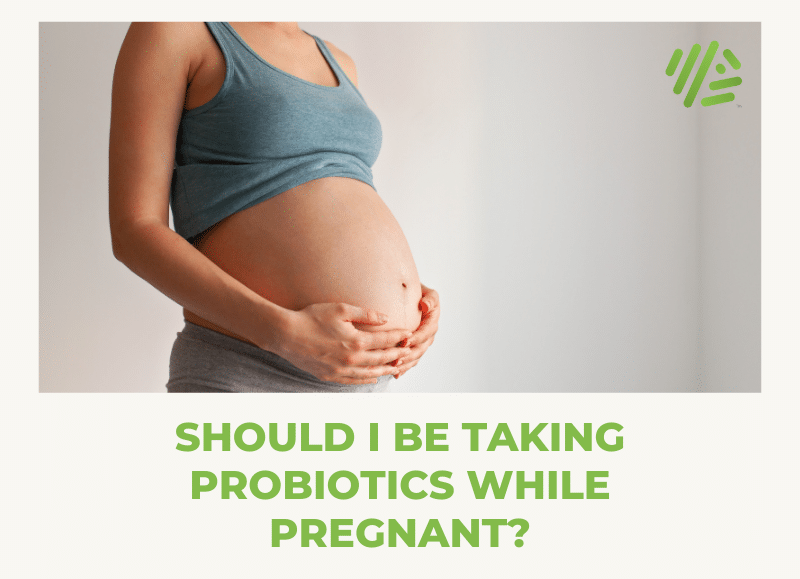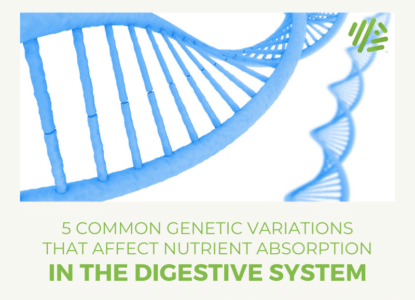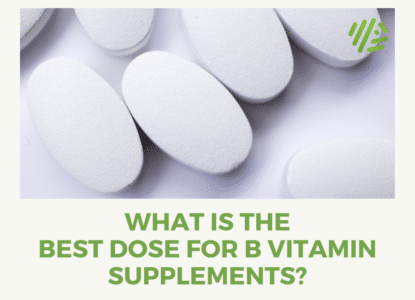Should I be Taking Probiotics While Pregnant?

Contents
What are probiotics?
Probiotics are defined as living organisms — bacteria or yeast — that exist in foods like yogurt, kefir, and kombucha, that when taken at a reasonable dosage, confer a health benefit on the host. 1 Despite the fact that yes, probiotics are bacteria, they’re the good kind that work to keep our guts healthy, helping us digest food and absorb the nutrients we eat. According to the National Center for Complementary and Integrative Health, probiotics may work to prevent diarrhea caused by infections or antibiotics and also improve irritable bowel syndrome (IBS) symptoms. Other potential benefits include how probiotics positively affect allergies, oral health, liver disease, and the common cold, in addition to colic in infants.Common probiotic strains
The most-studied strains of probiotics, and the ones you may recognize on the back of some nutrition or supplement labels, are Lactobacillus and Bifidobacterium species, and the nonpathogenic yeast Saccharomyces (S.boulardii). For more, see what is the difference between Lactobacillus and Bifidobacterium probiotoics? Although popular outside of pregnancy, S. Boulardii is contraindicated while pregnant. Discuss any new probiotic with your doctor before adding to your routine.Probiotic supplements for pregnant women
| Probiotic | Study | Study size | Notes |
|---|---|---|---|
| Lactobacillus rhamnosus GG Lactobacillus acidophilus Bifidobacterium lactis | Probiotics in pregnant women to prevent allergic disease: a randomized, double-blind trial | 415 pregnant women and their children from pregnancy until the children were 2 years old | Probiotic use by pregnant women reduced the incidence of eczema in children up to age 2 by 40% |
| Lactobacillus casei Lactobacillus gasseri A5 L reuteri L acidophilus Lactobacillus paracasei | Probiotic Administration in Early Life, Atopy, and Asthma: A Meta-analysis of Clinical Trials | Meta-analysis of randomized, placebo-controlled trials (25 studies with 4,031 total participants) | Probiotics were effective in reducing total immunoglobulin E. They also significantly reduced the risk of atopic sensitization when administered prenatally and postnatally (though Lactobacillus acidophilus was associated with increased risk) |
| Lactobacillus GG | Lactobacillus GG has in vitro effects on enhanced interleukin-10 and interferon-gamma release of mononuclear cells but no in vivo effects in supplemented mothers and their neonates | Unknown, but involved pregnant women with at least one first-degree relative or a partner with an atopic disease | LGG has in vitro effects on enhanced IL-10 and IFN-gamma release of mononuclear cells, but supplementation during pregnancy didn't alter proliferative capacity or cytokine pattern |
| Lactobacillus rhamnosus GR-1, Lactobacillus reuteri RC-14 | Improved cure of bacterial vaginosis with single dose of tinidazole (2 g), Lactobacillus rhamnosus GR-1, and Lactobacillus reuteri RC-14 | 64 women diagnosed with bacterial vaginosis | After 28 days, the probiotic group had an 87.5% cure rate with tinidazole than the group using tinidazole and placebo (50%). Women in the probiotic group also had more "normal" vagina microbiota |
| L. acidophilus B. bifidum B. longum L. casei | The effects of probiotics on depressive symptoms in humans: a systematic review | 10 studies analyzed for probiotics' effect on mood, anxiety, and cognition | Mostly positive effects on depression, but the strain of probiotic, the dosing, and duration of treatment varied widely and no studies assessed sleep |
Potential benefits of probiotic use during pregnancy
A healthy gut is especially important for expectant mothers. In addition to a healthy diet during pregnancy, taking a probiotic may help improve the health of both baby and Mother. Good nutrition during pregnancy also may reduce baby’s risk of disease later in life, such as heart disease and diabetes. 2 Here are a few of the purported benefits of probiotics during pregnancy.Assist with digestion and nutrient absorption
Much like probiotics can help all of us digest food better, the same goes for pregnant women. Probiotics can encourage more of the “good guys” and less of the “bad guys” in terms of bacteria in our gut, which can help our intestines move food along through our digestive system. Probiotics do help lower our colons’ pH levels, which can aid in digestion, in addition to improving absorption of protein and vitamins.34 Because constipation and diarrhea are incredibly common during pregnancy, probiotics may be an easy natural relief method for pregnant women. Probiotics may be most helpful, however, in relieving antibiotic-associated diarrhea.5 See also: Is my morning sickness worse because of genetics?Treat bacterial vaginosis and allergic reactions
Bacterial vaginosis may increase the risk of preterm labor, though preterm birth and probiotics is a controversial topic on its own. A systematic review of over 2,500 publications found that neither probiotics nor prebiotics increased or decreased the risk of premature labor.6 However, supplements containing probiotics L rhamnosus GR-1 and L reuteri RC-14 were shown in one study to restore the healthy balance of vaginal flora in 90% of the 42 healthy women who were observed (unknown if pregnant or not).78 In another study of a similar strain of probiotics, 50% of atopic dermatitis cases in babies were shown to be preventable when at-risk mothers took supplements containing L rhamnosus GG and B lactis BB12 while pregnant, in addition to newborns ingesting the probiotics the first 6 months of their lives.9Reduce preeclampsia risk
In one study of nearly 34,000 Norwegian women, the self-reported intake of milk-based products containing probiotic lactobacilli was associated with a reduced risk of preeclampsia — most prominently, severe preeclampsia.10 Preeclampsia is one of the most dangerous pregnancy conditions and leading causes of maternal death, and it is characterized by high blood pressure. Consuming fruits, vegetables, and dietary fiber is associated with lower preeclampsia risk as these foods may aid in reducing inflammation. Probiotics can, too. Per the Norwegian study authors:“Probiotics have been shown to modulate human gene expression in the gut lining similar to that of drugs for conditions including inflammation and high blood pressure. Probiotic strains from the species Lactobacillus acidophilus, Lactobacillus casei, and Lactobacillus rhamnosus each induced differential gene-regulatory networks and pathways in the human mucosa similar to response pathways associated with the regulation of immune responses.”The intake of probiotics in the study was lower among smokers, single women, and those who did not use dietary supplements.




You “NEVER” said which one you recommended and the list you claimed to offer in the Article.